
Mt Sinai PEM Study Now Recruiting
Dr. Natelson at Mt. Sinai is recruiting people to study PEM. Reimbursement for travel and time will be available.
#MEAction aims to grow the scientific field through outreach, education, and fellowship opportunities for young investigators, and by empowering patients to understand, engage with and participate in research.
To learn more, email [email protected].
Patients & community
There are so many ways you can help support research and the generation and dissemination of scientific knowledge about ME.
Contact [email protected] to learn more!

Dr. Natelson at Mt. Sinai is recruiting people to study PEM. Reimbursement for travel and time will be available.
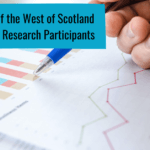
UPDATE: The research team have let us know that they’ve received a huge response to this request and they now have the information they need. They’ll be in touch with people individually if they are eligible to participate in the study. If you got involved, thanks for your support! Researchers at the University of the

Who: Ron Davis’s lab at Stanford University is conducting a functional microbiome study in collaboration with Harvard University and Vassar College. They are looking for severely Ill, primarily bed-bound patients within the United States to participate. What: Participants will be asked to provide a one-time fecal swab which can be collected at home and sent
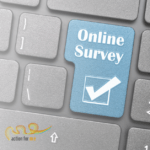
Please help #MEAction UK and #MEAction Scotland by taking part in this survey to find out the effect that Covid-19 has on people with ME. Take the survey We are working in collaboration with Action for ME to gather evidence on the impact of Covid-19 on our community. We have heard many stories from people
Who: Dr. Rachael Blasiman and Hayley Shasteen at Kent State University are interested in shift workers and people with chronic conditions. You may still participate if you do not fit in either category. What: Participation is anonymous and involves taking a survey that will take approximately 30 minutes. The survey will ask questions about shift
Who: Dr. Nina Muirhead and the Study Team at Cardiff University, United Kingdom have developed a survey with two questionnaires, one for the patient and one for a life partner or family member. If you cannot be together to complete it, you can save and return. What: An international research study, looking at the impact

This online international ME/CFS Family Impact Study looks at the quality of life of patients and their family members.

What: Researchers at Southern Connecticut State University are currently enrolling individuals in a study that will examine an intervention app for people living with ME/CFS. This app monitors daily perceived and expended energy and fatigue levels. Participants will be asked to complete an online survey about their health history, ME/CFS symptomology, as well as current

Who: Looking for adult women with ME, Lyme’s Disease (post-treatment), or healthy controls that are currently living in Southern California or live within two hours of San Diego. Note that you will need to avoid food for three hours prior to your blood draw. What: Participants for the new Naviaux Lab Metabolomics Study are needed!

What: The Ehlers-Danlos Syndrome (EDS) Society is recruiting individuals to participate in a genetic evaluation study. ME/CFS and EDS have a range of similarities and overlap. EDS is a connective tissue disorder in which musculoskeletal pain, joint pain/hypermobility, and fragile skin are considered common manifestations. Who: 1000 individuals with Hypermobile EDS as well as their family

The RECOVER-Treating Long COVID (RECOVER TLC) Kick-off Meeting was Sept 23-25 in person and over Zoom. I had the privilege of attending over Zoom and Jaime Seltzer, #MEAction’s Scientific Director, represented the needs of the ME community in person and as an invited member of a panel on clinical trial design. There were many speakers
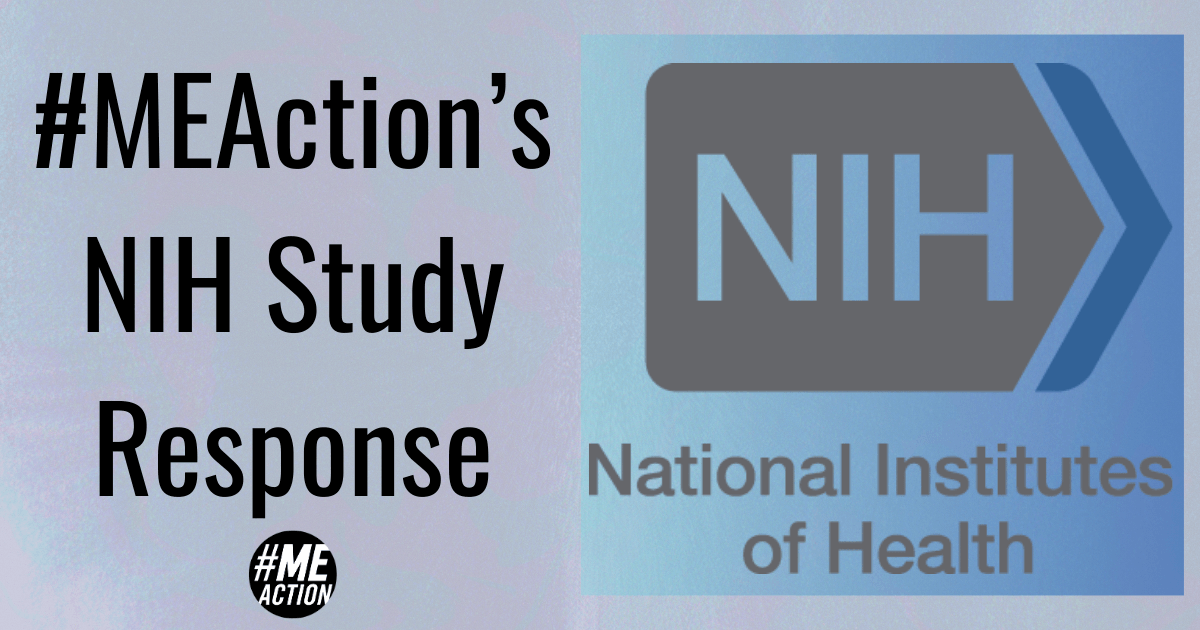
NIH’s recent paper on ME/CFS elicited strong reactions from the community.
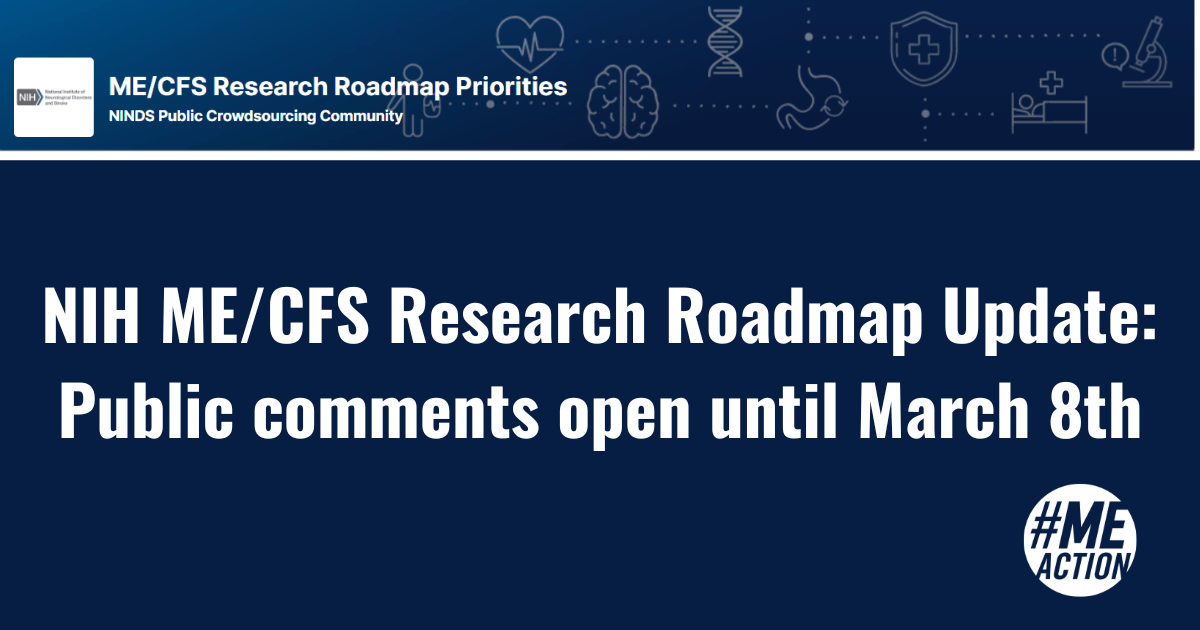
The NIH ME/CFS Research Roadmap public comment period is open now with a deadline of March 8th. #MEAction is a member of the ME/CFS Research Roadmap Working Group and for the past several months we have been advocating on behalf of this community within this group. Our Executive Director, Laurie Jones, served on the nervous
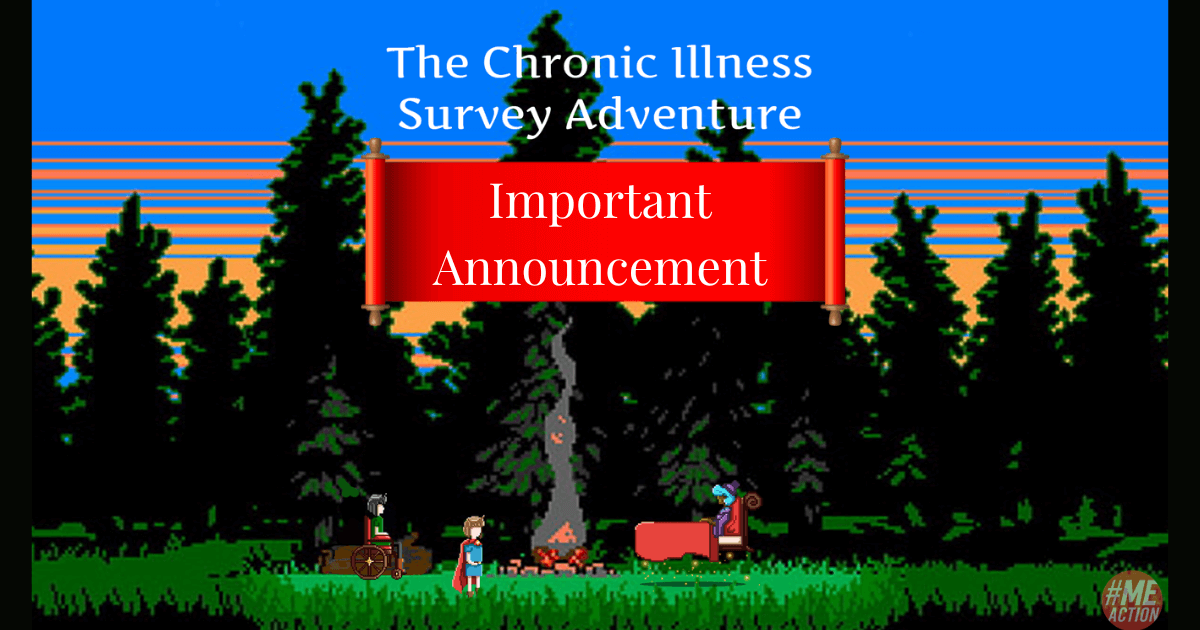
Two years ago, #MEAction embarked on an ambitious project, the Chronic Illness Survey Adventure! The Adventure is a survey to deeply examine the symptoms experienced by people with diseases that are triggered or unmasked by infection, including ME, POTS, hEDS, MCAS, and Long COVID. At the end of this year, we will close the Adventure
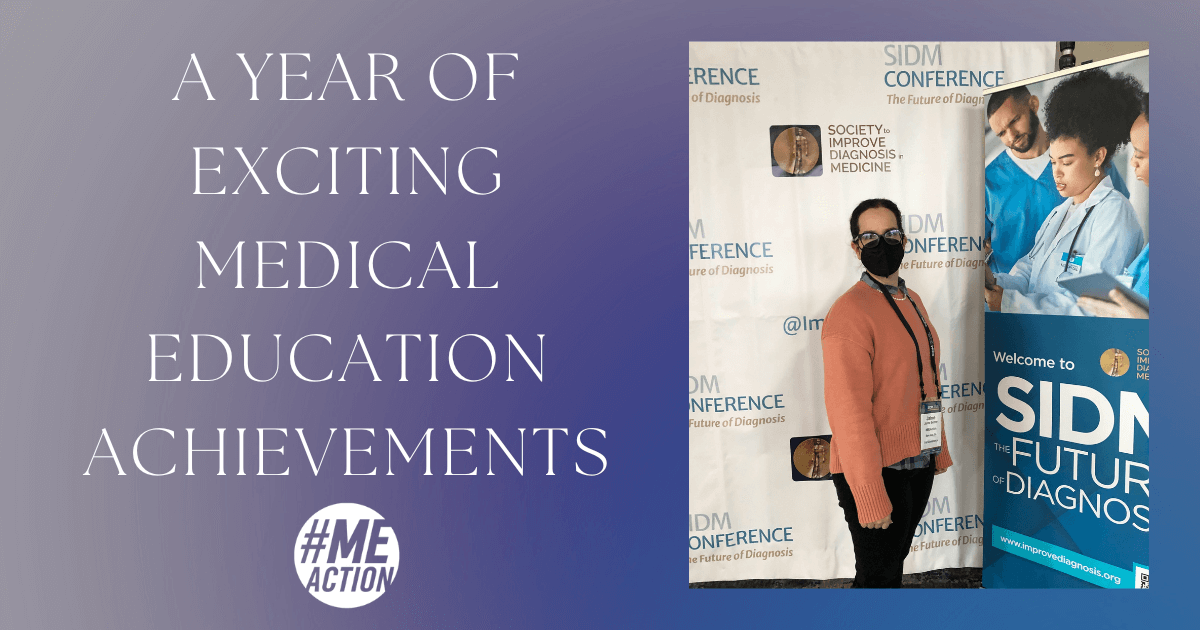
A year ago, we were proud to announce that #MEAction and Mayo Clinic Rochester had won a grant for diagnostic improvement, with Ravindra Ganesh, and Stephanie Grach, and I on the grant as co-investigators. Our project, Improving Diagnostic Accuracy of Myalgic Encephalomyelitis/Chronic Fatigue Syndrome Through Implementation of an Enhanced Education Protocol and Care Process Model
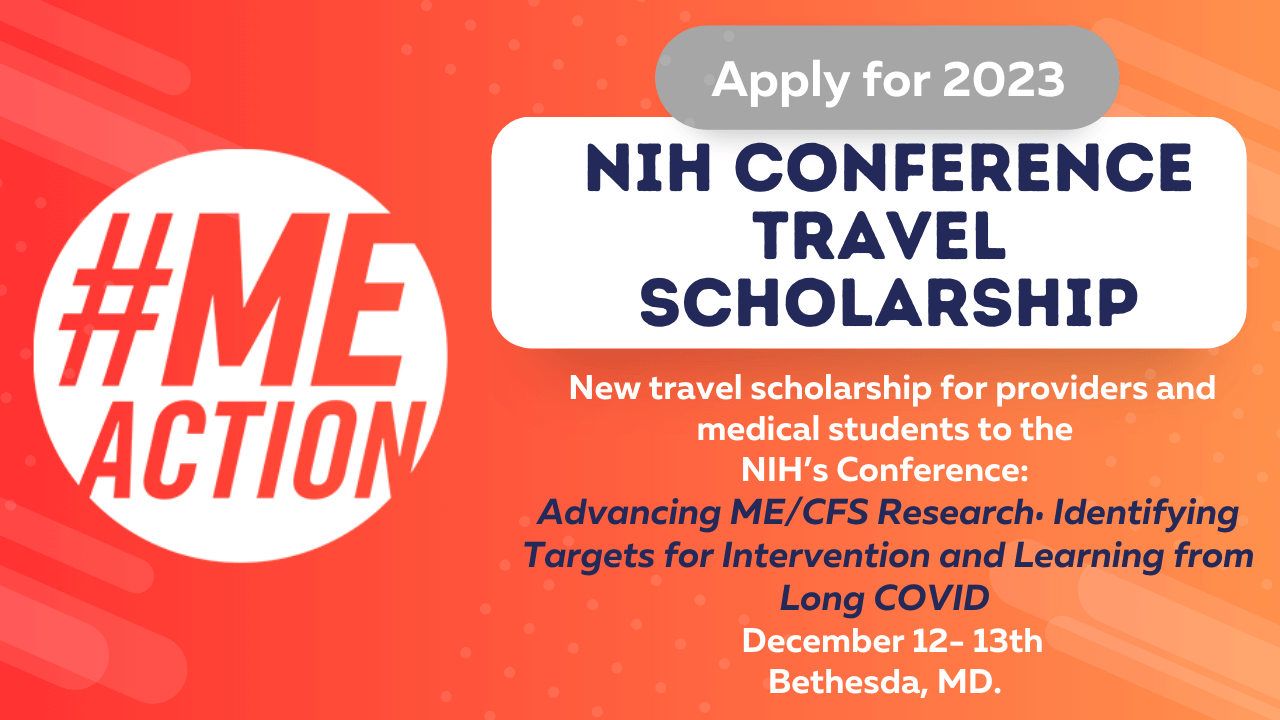
#MEAction is thrilled to announce a new travel scholarship for providers and medical students to the National Institutes of Health’s (NIH) Conference, Advancing ME/CFS Research: Identifying Targets for Intervention and Learning from Long COVID, this coming December 12- 13, 2023 in Bethesda, MD. #MEAction is providing this opportunity for one to two promising medical students
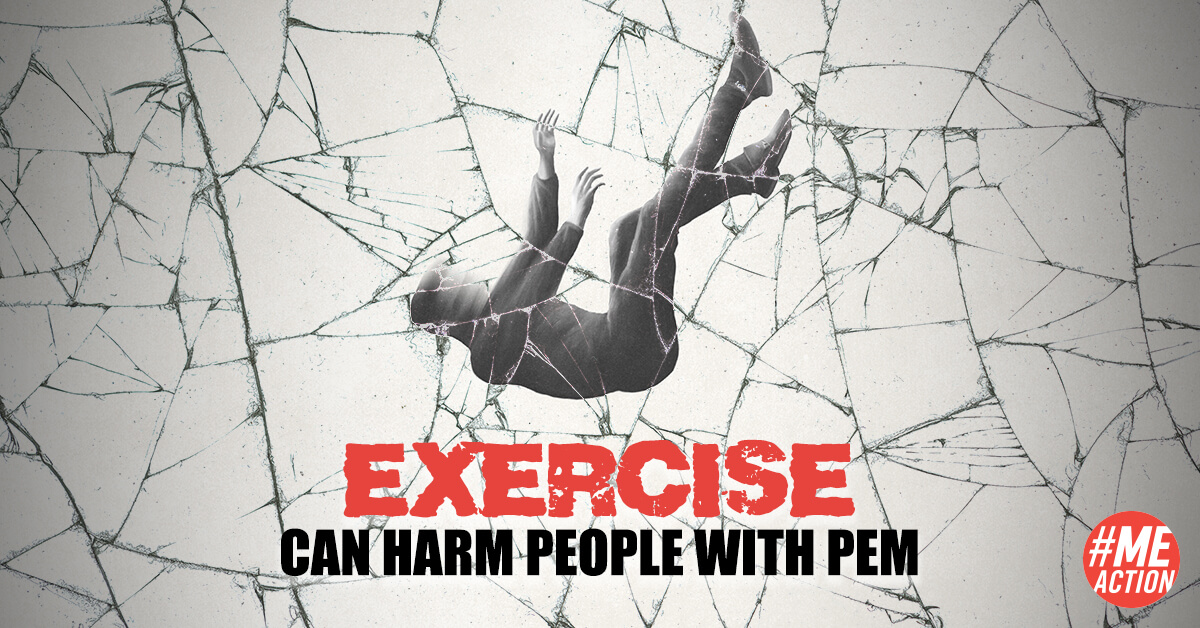
Long COVID Exercise study must address safety, efficacy concerns.
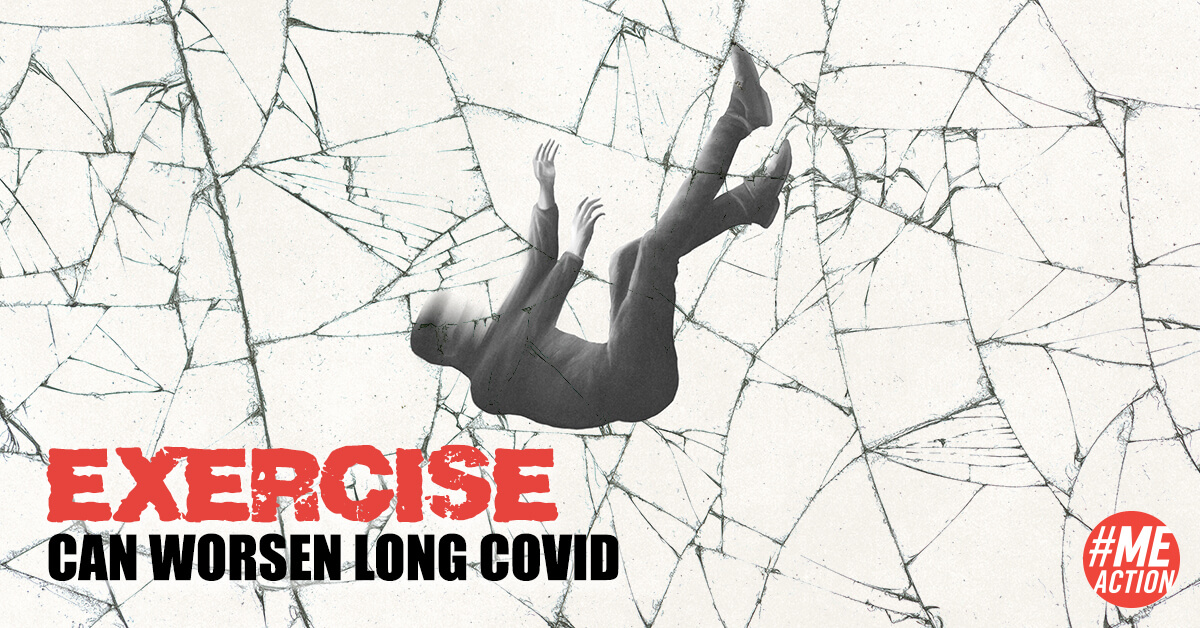
Calls for immediate public release of RECOVER’s clinical trial design
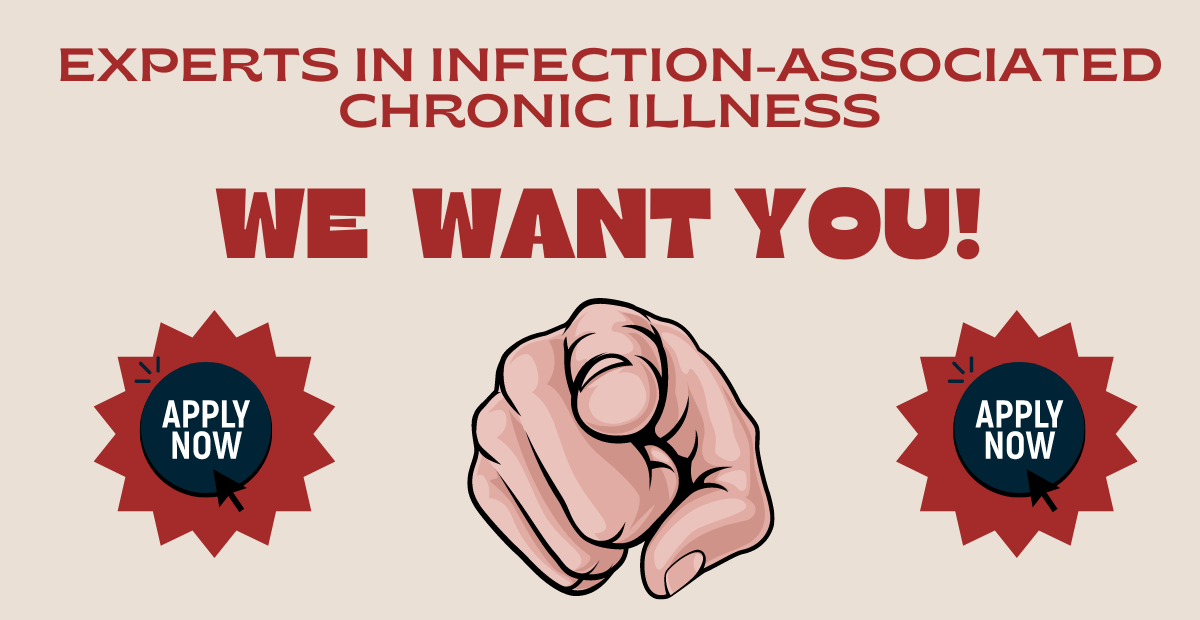
Congress launched ARPA-H (the Advanced Research Projects Agency for Health) this past March to focus on high-risk, high-reward research projects with the goal to solve intractable health problems. As ARPA-H is in the process of hiring its first cohort of program managers, #MEAction and a coalition of chronic disease advocacy groups have published an open